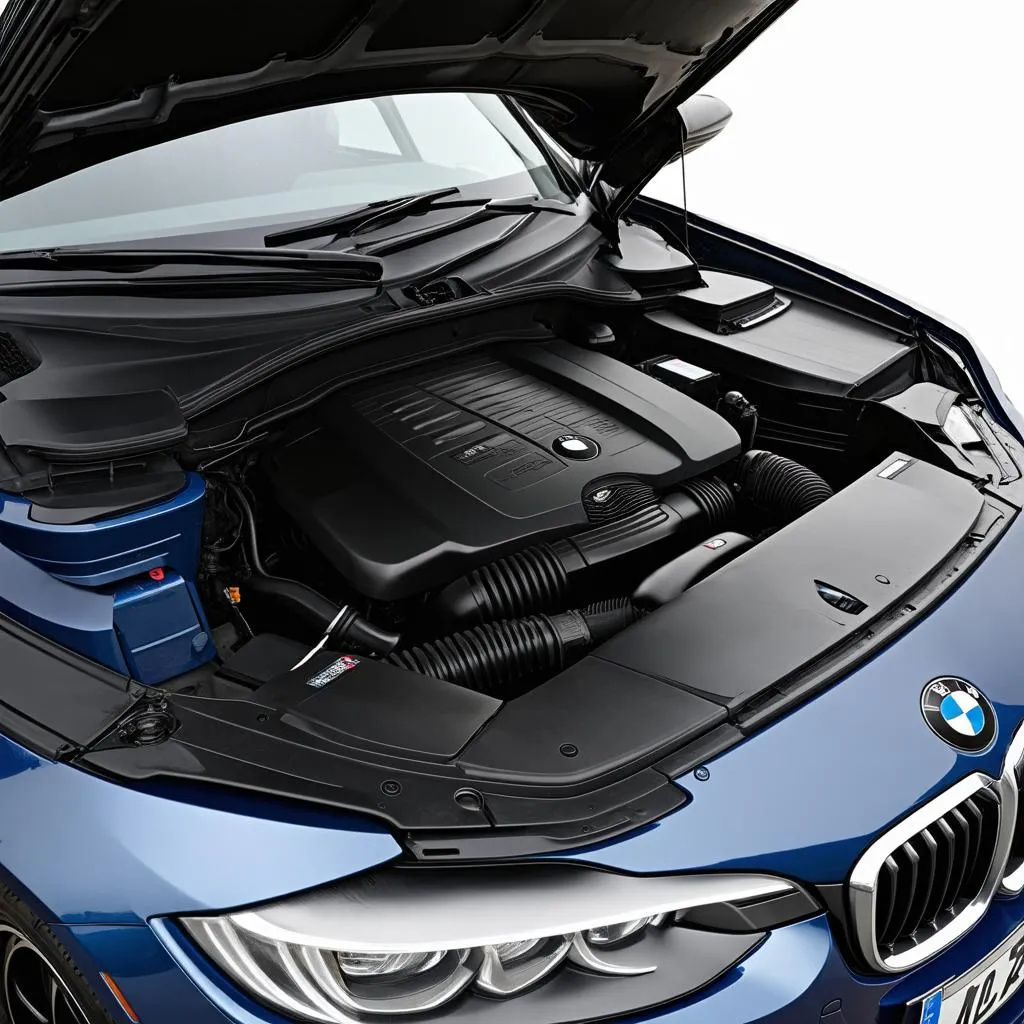BMW 3 Series Issues: A Comprehensive Guide to Common Problems and Solutions
“A stitch in time saves nine,” they say, and this is especially true when it comes to car maintenance. It’s always better to be proactive and address any potential issues early on, especially with a car like a BMW 3 Series, a model known for its performance and luxury but also its occasional quirks. So, let’s dive into the common problems faced by BMW 3 Series owners and how to troubleshoot them.
Why Understanding BMW 3 Series Issues Matters
The BMW 3 Series has been a perennial favorite among drivers for decades, and for good reason. It’s a car that blends sporty handling, sleek design, and luxurious comfort. However, like any machine, even the best cars can experience issues.
Understanding these issues is crucial for several reasons:
- Peace of mind: Knowing what to expect can help you avoid unnecessary anxiety and prepare for potential repairs.
- Financial planning: Addressing problems early can save you money in the long run by preventing minor issues from escalating into major ones.
- Enhanced driving experience: By understanding and fixing common issues, you can ensure a smoother, more enjoyable driving experience.
Common BMW 3 Series Issues: A Deep Dive
Engine Problems: The Heart of the Matter
 Engine problems
Engine problems
One of the most common issues faced by BMW 3 Series owners is engine-related. These can range from minor inconveniences to major headaches. Here are some of the most frequent culprits:
- N53 Engine Problems: The N53 engine, found in several BMW 3 Series models, is known for its potential issues with the high-pressure fuel pump, valve cover gaskets, and VANOS system.
- Timing Chain Issues: Wear and tear on the timing chain can lead to noise, misfires, and even engine damage.
- Oil Leaks: Oil leaks are a common issue, and they can be caused by a variety of factors, including worn-out seals, cracked gaskets, or damaged oil pans.
Electrical System Glitches: A World of Wires
The electrical system in a BMW 3 Series is intricate and complex, making it susceptible to occasional glitches. Some common electrical problems include:
- Electrical System Faults: These can range from faulty sensors and wiring to issues with the car’s computer system.
- Battery Issues: A weak or dying battery can cause a variety of problems, including slow starting, electrical malfunctions, and even dashboard warnings.
- Headlights and Taillights: Issues with headlights and taillights, such as dimming, flickering, or complete failure, can be caused by faulty bulbs, wiring problems, or even a malfunctioning electrical system.
Transmission Troubles: Smooth Sailing or Rough Ride?
The transmission in a BMW 3 Series is designed for both smooth driving and sporty performance. However, it can sometimes encounter problems, such as:
- Transmission Slippage: Transmission slippage occurs when the transmission doesn’t shift smoothly or loses power, often accompanied by a slipping sensation or clunking noise.
- Transmission Fluid Leaks: Like oil leaks, transmission fluid leaks can be caused by worn-out seals, cracked gaskets, or damage to the transmission pan.
Finding the Right Diagnosis: A Professional’s Perspective
It’s important to remember that these are just some of the most common BMW 3 Series issues. If you suspect a problem, it’s crucial to have it diagnosed by a qualified mechanic. A professional can accurately identify the root cause of the issue and recommend the most appropriate solution.
Remember, it’s important to use a Dealer Scanner for European Cars, as these are specifically designed to diagnose and troubleshoot complex systems found in European vehicles like BMWs.
Addressing the Issues: The Power of Prevention
While some issues are unavoidable, there are steps you can take to minimize the risk of future problems:
- Regular Maintenance: Adhering to your BMW’s recommended maintenance schedule is crucial. This includes regular oil changes, fluid checks, and inspections.
- High-Quality Parts: Using high-quality replacement parts can help ensure longevity and prevent future problems.
- Driving Habits: Avoid aggressive driving and heavy braking, which can put extra stress on your car’s components.
- Pay Attention to Warning Signs: Don’t ignore warning lights or unusual noises. Address these issues early on to prevent bigger problems.
Frequently Asked Questions:
- How long do BMW 3 Series cars last? With proper maintenance, a BMW 3 Series can last for many years and hundreds of thousands of miles.
- What are the most common BMW 3 Series engine problems? The N53 engine is known for potential issues with the high-pressure fuel pump, valve cover gaskets, and VANOS system.
- What are some signs of a bad transmission in a BMW 3 Series? Transmission slippage, clunking noises, and transmission fluid leaks are all signs of a potential problem.
- How can I avoid common BMW 3 Series problems? Regular maintenance, using high-quality parts, and avoiding aggressive driving are all key steps in preventing problems.
Explore More with Cardiagxpert
- BMW N53 Engine: Learn more about the N53 engine and its common issues at https://cardiagxpert.com/bmw-n53/.
- How long do BMW 3 Series cars last? Find out how to extend the lifespan of your BMW 3 Series at https://cardiagxpert.com/how-long-do-bmw-3-series-last/.
- Dealer Scanner for European Cars: Learn about the importance of using a Dealer Scanner for diagnosing and troubleshooting European vehicles at https://cardiagxpert.com/walker-bmw-mercedes/.
Need Expert Help? Contact Us!
At Cardiagxpert, we understand the importance of getting the right diagnosis and solution for your BMW 3 Series. Our team of experienced technicians is available 24/7 to answer your questions and provide guidance.
Contact us via WhatsApp at +84767531508 for immediate assistance.
Let’s keep your BMW 3 Series running smoothly and enjoy the ride!
